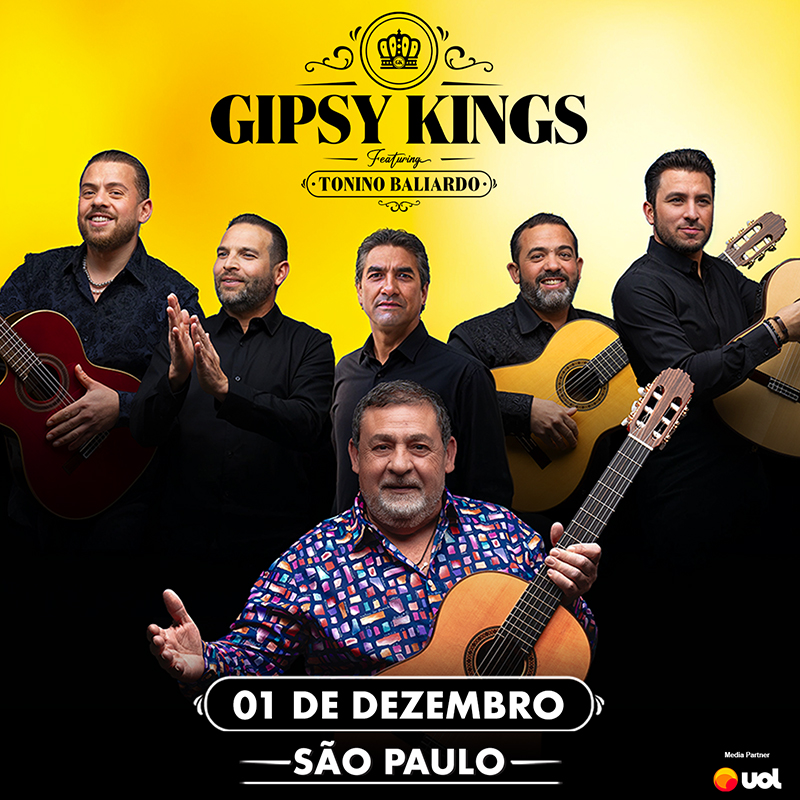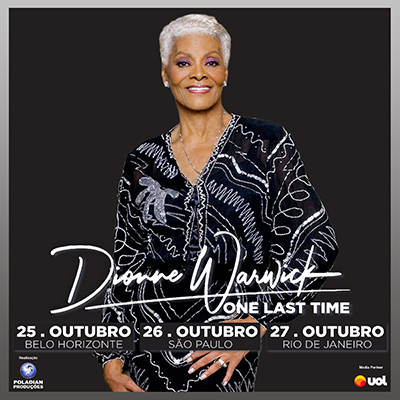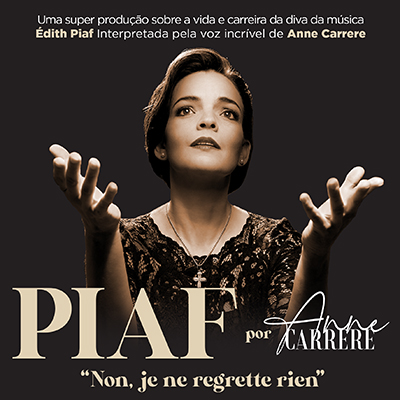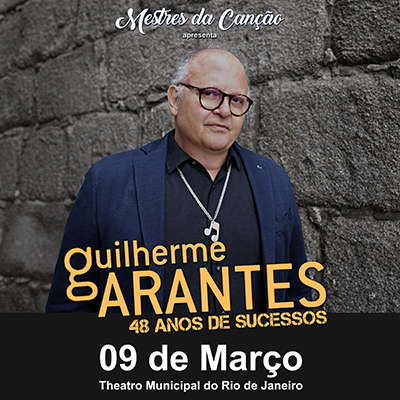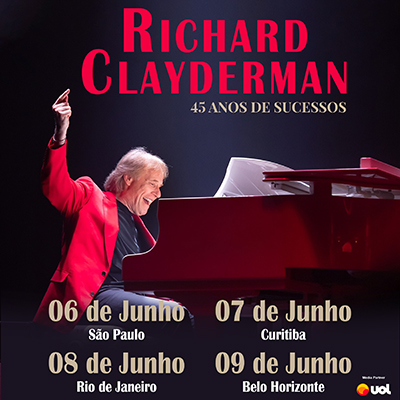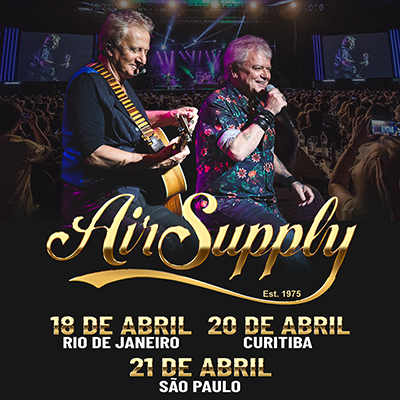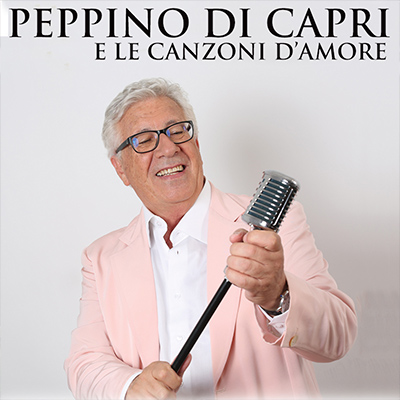
Relive the countless hits of the world's most successful Italian romantic singer and songwriter in an unforgettable show
“An entire generation danced and fell in love with his hits. He pioneered captivating audiences with his fusion of Italian melody and rock” (L’Italo-Americano Newspaper)
Peppino Di Capri is synonymous with successful Italian romantic music. For six decades, he has delighted us with wonderful songs celebrating love, wrapped in beautiful melodies and delicate, captivating arrangements. He returns to Brazil for shows on May 16 at the Theatro Municipal in Rio de Janeiro, May 18 at the Teatro Guaira in Curitiba, and May 20 at Espaço das Américas in São Paulo.
The star, whose birth name is Giuseppe Faiella, always attracts large audiences when he performs in Brazil. His last visit in 2016, when he celebrated 60 years of an impeccable career, saw sold-out shows and an audience literally intoxicated by his intense devotion to music and romance.
Born on the Isle of Capri on July 27, 1939, Peppino Di Capri first entered the charts in 1958 with the song “Malatia.” He and his group, the Rockers, sought to blend the Neapolitan music of his country with rock, twist, mambo, jazz, and other rhythms, giving his songs a more youthful and captivating sound.
Strongly influenced by American rocker Buddy Holly in his early years, including Holly’s famous black-framed glasses, Peppino began his rise to legend status with the 1963 breakout of the ballad “Roberta,” written in honor of his first wife. His version of “Let’s Twist Again,” a hit by American singer Chubby Checker, also became a best-seller.
When the Beatles played in Italy in 1965, Peppino Di Capri and the Rockers were chosen to open their shows in Milan, Genoa, and Rome, handling the challenge of warming up the audience for the Fab Four with class. Capri also had a hit with the Italian version of “Girl” (Lennon-McCartney).
His fame grew even more when he began participating in the legendary Sanremo Festival, the most important event in Italian music. He won the festival in 1973 with “Un Grande Amore e Niente Più” and in 1976 with “Non Lo Faccio Più.” In 1973, he also conquered global charts with the ballad “Champagne,” which became an instant classic.
Thanks to his romanticism and captivating stage presence, Peppino Di Capri solidified his career, and in 1988 he released the album “In Concerto,” recorded live the previous year at the mythical Royal Albert Hall in London, a venue reserved only for the greatest stars of popular and classical music.
In 1996, he toured and recorded a live album with another legend of Italian music, Fred Bongusto. New generations are being won over by the sound of Peppino Di Capri, thus broadening his horizons even further. After all, romance never went, and will never go, out of fashion.
This translation maintains the key details and spirit of the original text.